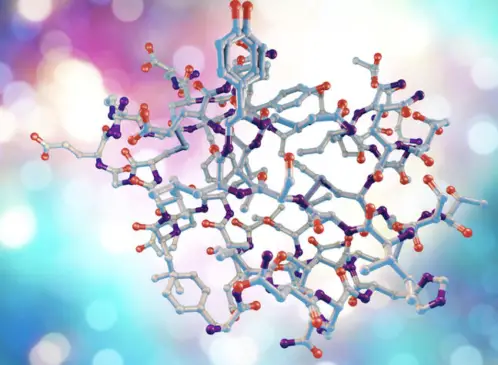Each of us strives to gain the ideal weight, to have a fit body, ideal proportions and so on. But what do we do to achieve that? Is proper nutrition enough? Is physical activity enough? This topic is too complex to explain with just a few practices that we need to stick to. But there is something very important about it in all that healthy eating, healthy living, and these are our hormones. The importance of hormones goes so far that without the normal function of hormones we could not reproduce, maintain pregnancy, grow, simply existence itself would not be possible without good and harmonious interaction of hormones or so-called “couriers” in our body. So far we are familiar with many hormones and their metabolites, as well as their interaction. The range of occurrences and conditions that occur as a result of hormonal disorders and their balance is wide. The hormones are very important in regulating our weight.
The following hormones are important in regulating our weight:
- Insulin and insulin resistance

Insulin is a hormone secreted by the pancreas. It is responsible for building muscle mass and controlling blood sugar levels. Insulin resistance is a metabolic disorder, a pre-diabetic condition for which the cause has not yet been discovered. The most common causes are the presence of additives, artificially or thermally poorly processed foods, which can cause changes in the endocrine system, most commonly weight gain.
- Glucagon

Glucagon is produced in the pancreas and is excreted into the bloodstream when blood glucose is low (hypoglycaemia). Glucagon acts opposite to insulin, which allows glucose to enter cells. Glucagon also stimulates insulin secretion so that blood glucose can enter tissue cells that cannot take glucose without the action of insulin. In addition to its secretion triggers hypoglycemia, glucagon release is also affected by a protein-rich diet and adrenaline, another hormone that fights low glucose levels. Glucagon release will be prevented by elevated blood glucose levels and the intake of carbohydrates that pancreatic cells will recognize. Clearly, the role of glucagon in melting fat deposits is large. Namely, this hormone affects the breakdown of accumulated fat cells for energy. Maximizing glucagon release is possible with the abovementioned dietary models: protein-rich diets and low carbohydrate diets.
- Leptin

Leptin is a hormone that indicates that you are already fed. Insulin resistance also increases leptin levels, but instead of reduced satiety, there is resistance to leptin. As a result, the brain loses the ability to determine when you are fed, and even though you are fed, it can continue to stimulate you to eat even more food. The thicker you are, the greater is the secretion of leptin, which makes the body resistant to this hormone, which leads to an increasingly frequent feeling of hunger.
- Cortisol

The secretion of this hormone takes place in the adrenal glands, and its role is to protect us from stress, this is why it is also called stress hormone. When our body is exposed to stress, cortisol secretes glucose so that we have enough energy to endure the current situation. If that stress exposure is constant, cortisol levels will be chronically elevated, which means it will secrete much more glucose. Excess sugar leads to the deposition of fat deposits, especially in the abdomen, but also leads to a number of health problems, such as high blood sugar, heart disease, diabetes, osteoporosis, high cholesterol, etc.
- Thyroid hormones

Every cell in the body depends on thyroid hormones to regulate their metabolism. These hormones in the body have their own regulatory effects that are manifested mainly through these three processes: they regulate oxidative processes; affect the growth and development of the organism; affect the function of nerve tissue in the body. Symptoms of impaired thyroid function include weight gain or loss, fatigue, decreased concentration, and depression.
- Low estrogen levels

Estrogen has a similar effect to leptin, so low levels of estrogen activating the feeling of hunger.
In order to have a healthy life, a healthy body and a healthy spirit, it is not enough to just eat properly. A balanced diet, regular physical activity, stress reduction and nervousness play a major role in our lives. Practicing everything together every day from the above will lead us to the desired results.


